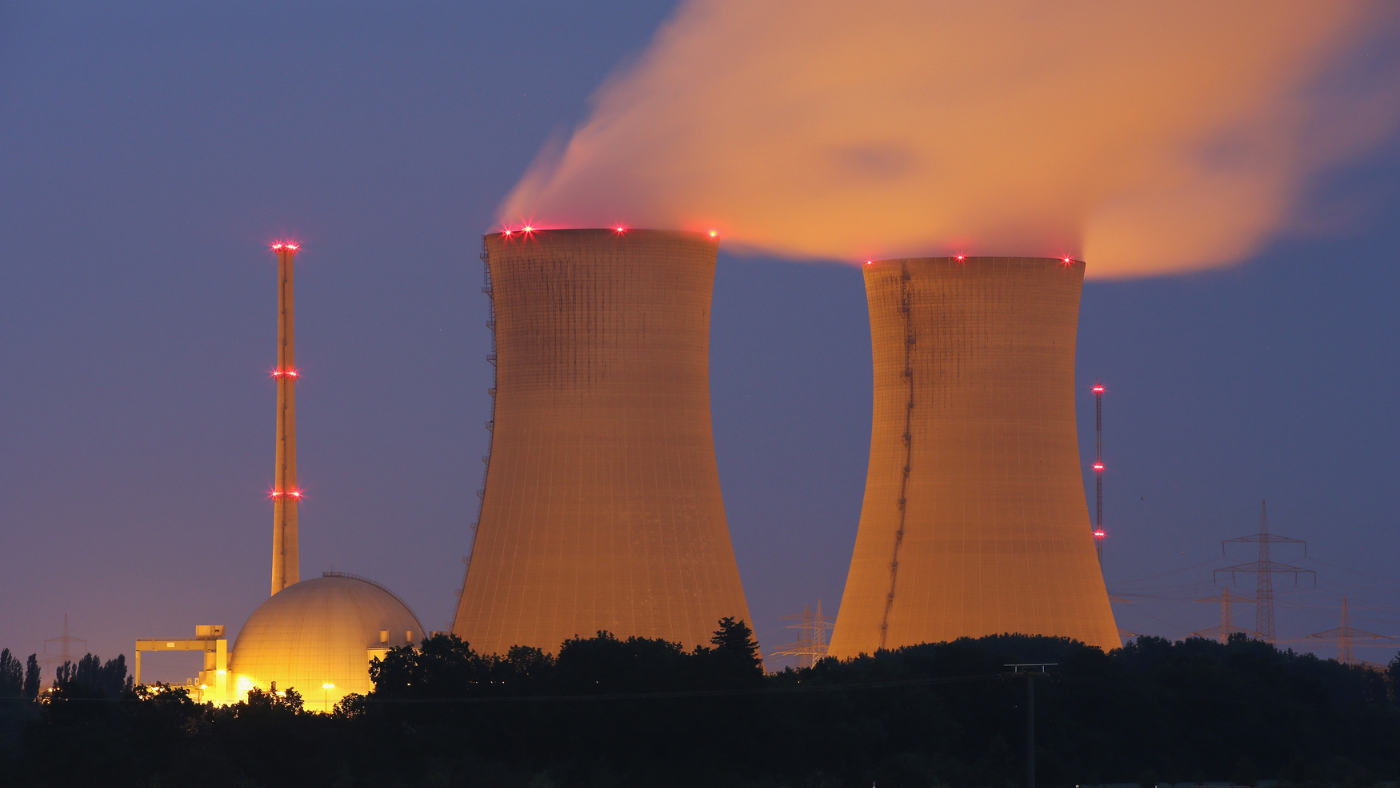What is ‘power rationing’ and how does it work?
Electricity could be cut off at peak times for millions of UK households this winter

A free daily email with the biggest news stories of the day – and the best features from TheWeek.com
You are now subscribed
Your newsletter sign-up was successful
Millions of UK households could face power rationing this winter according to a “reasonable” worst-case scenario drawn up by officials from across Whitehall in response to the conflict in Ukraine.
The briefing suggested that if Moscow goes further in cutting off supplies to the EU, electricity could be rationed for up to six million homes at the start of next year, mostly at peak times in the morning and evening, said The Times.
How would it work?
In the event of widespread energy shortages, Britain would be forced to implement its own gas emergency plans. This would lead to the closure of gas-fired power stations, and heavy industrial users of gas would be ordered to stop using it.
The Week
Escape your echo chamber. Get the facts behind the news, plus analysis from multiple perspectives.

Sign up for The Week's Free Newsletters
From our morning news briefing to a weekly Good News Newsletter, get the best of The Week delivered directly to your inbox.
From our morning news briefing to a weekly Good News Newsletter, get the best of The Week delivered directly to your inbox.
The closure of the plants would lead to a shortage of electricity, forcing ministers to ration the nation’s power. Electricity would be turned off on weekdays at peak times in the morning, between 7am and 10am, and in the evenings, between 4pm and 9pm.
However, said the officials, if Russia cut off gas entirely to the EU, energy blackouts could start in December and last for three months, with blackouts both on weekdays and weekends.
Has there been power rationing before?
In 1973, the “three-day week” was one of several measures introduced by the Conservative PM Edward Heath to conserve electricity, after supplies were restricted due to industrial action by coal miners and railway workers.
Nearly all businesses – with exceptions such as hospitals and supermarkets – had to limit their electricity use to three days a week and were banned from operating for long hours on those days, said History Hit.
A free daily email with the biggest news stories of the day – and the best features from TheWeek.com
How likely is it to happen now?
According to The Times, business secretary Kwasi Kwarteng has asked the owners of Britain’s coal-fired power stations to delay their planned closures in September, and ministers are also in talks with Centrica to reopen a natural gas storage facility off the east coast of England.
But a Whitehall source emphasised that this was just part of planning “for every single extreme scenario, however unlikely”. The source added that Britain is “well prepared for any supply disruptions” as, “unlike EU countries, our North Sea gas reserves are being pumped out at full pelt, Norwegian rigs are directly connected into the UK, and we have the second-largest LNG [liquefied natural gas] import infrastructure in Europe – whereas Germany has none”.
Last month, Labour’s shadow business and energy secretary Jonathan Reynolds said energy rationing “should be an extreme option”. And in April, transport secretary Grant Shapps said the UK would not be following the lead of other countries, such as Germany, by putting emergency measures in place to ration gas.
Last week, The Telegraph reported that German regulators were drawing up plans to ration gas to the country’s businesses if Russia cuts off supplies. According to Reuters, the Dutch government has also said it will urge consumers to use less gas if necessary.
Chas Newkey-Burden has been part of The Week Digital team for more than a decade and a journalist for 25 years, starting out on the irreverent football weekly 90 Minutes, before moving to lifestyle magazines Loaded and Attitude. He was a columnist for The Big Issue and landed a world exclusive with David Beckham that became the weekly magazine’s bestselling issue. He now writes regularly for The Guardian, The Telegraph, The Independent, Metro, FourFourTwo and the i new site. He is also the author of a number of non-fiction books.